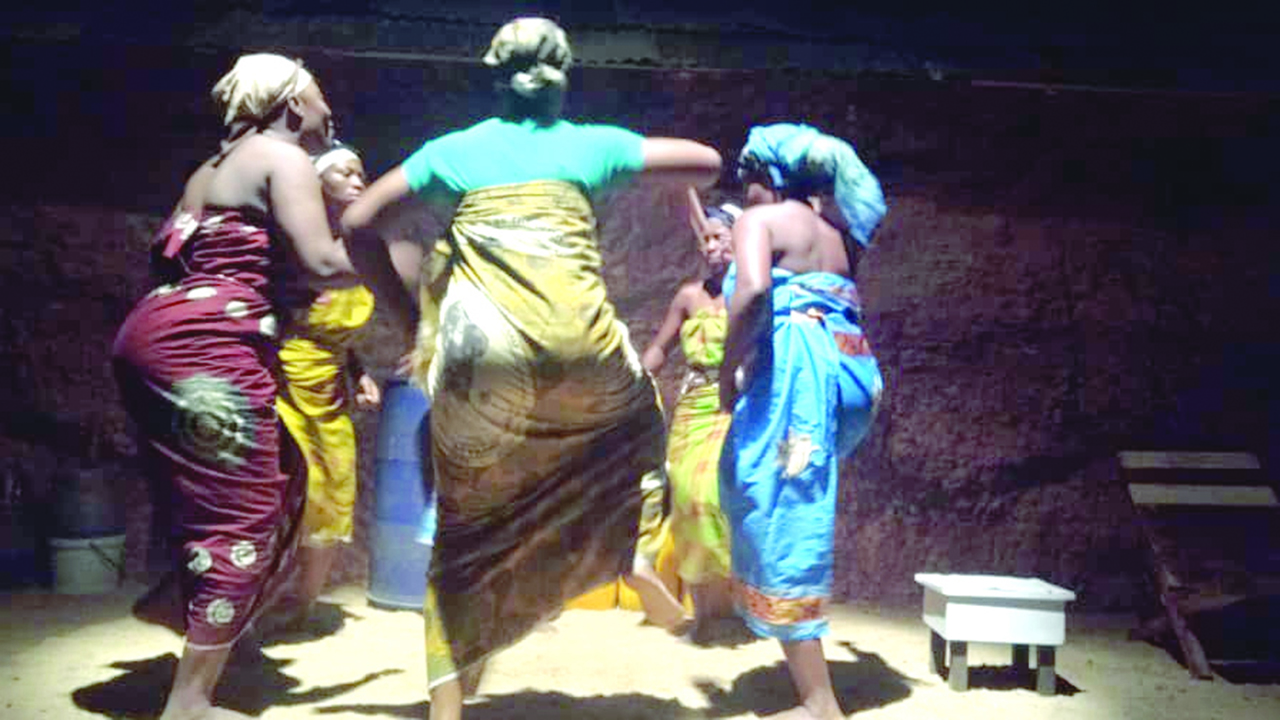
However, in spite of success recorded in the decolonisation of Nigeria, their call for equal opportunity and inclusion in government has always not been heeded. In spite of affirmative action of Beijing Conference, women are still not accorded their rightful place in the society.
Recently, African Radio Drama Association (ARDA) performed the play, The Wives’ Revolt by J.P Clark, in commemoration of the International Women’s Month. Staged to celebrate the role of women in Nigeria, the play was directed by Toritseju Akiya Ejoh. It featured Toyin Oshinaike as Okoro, Albert Akaeze as Idama, Zara Udofia-Ejoh as Koko and others.
The Wives’ Revolt tells the story of a Niger Delta community that received a payout from an oil firm drilling in its land. It turns out that the money eventually stokes the flame of revolution in the town.
The money is to be shared in three places — elders, men and women. The elders are all men, meaning they enjoy a second helping from the payout, women of the town who have long suffered injustice and marginalisation, however, kick against the formula, saying, ‘enough is enough’.
The women ask for equal pay, asking the elders to divide the money into two equal parts by scrapping elders from the class, leaving everything to just be men and women.
Angered by the women’s insistence on male-female sharing formula, the elders decree that goat, which is mainly reared by women, be removed, because women cause havoc in the land with their goats. The eventual decree does not go down well with the women.
One of them, Koko, who is the wife of the community leader, Okoro, leads a protest against this injustice.
The women decide to leave the community in the night to Eyara, one of the backwater communities, in the region filled with diseases.
Days later, these women return home with disease caused by contaminated water, which they are compelled to bathe with in Eyara. Okoro finally concedes and reverses the law.
Speaking after the play, Executive Director, ARDA, Alison Data Phido, said, “we chose The Wives Revolt for two reasons: We wanted to honour men and women who have been taking up the fight and disrupting status quo and secondly, to celebrate the icon, J.P Clark.”
[ad unit=2]






